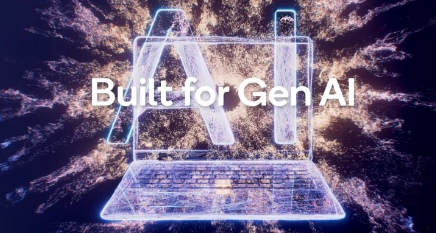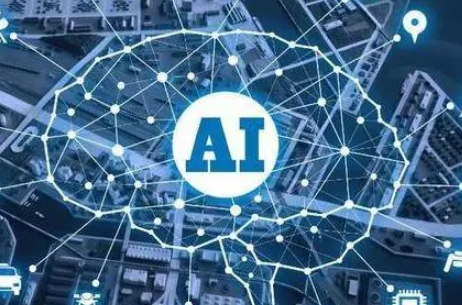Expert Panel Debunks AI Hype
Neural networks have hit the peak of a hype cycle, according to a panel of experts at an event marking the 50th anniversary of the Alan Turing Award. The technology will see broad use and holds much promise, but it is still in its early days and has its limits.
Many panelists said that artificial intelligence is a misnomer for neural networks, which do not address fundamental types of human reasoning and understanding. Instead, they are tools to take on a long journey to building AI.
The discussion of deep learning was particularly relevant given Turing’s vision that machines would someday exceed humans in intelligence. “Turing predicted [that] AI will exceed human intelligence, and that’s the end of the race — if we’re lucky, we can switch them off,” said Stuart Russell, a professor of computer science at Berkeley and AI researcher, now writing a new version of a textbook on the field.
“We have at least half a dozen major breakthroughs to come before we get [to AI], but I am pretty sure they will come, and I am devoting my life to figure out what to do about that.”
He noted that a neural network is just part of Google’s AlphaGo system that beat the world’s best players.
“AlphaGo … is a classical system … and deep learning [makes up] two parts of it … but they found it better to use an expressive program to learn the rules [of the game]. An end-to-end deep learning system would need … [data from] millions of past Go games that it could map to next moves. People tried and it didn’t work in backgammon, and it doesn’t work in chess,” he said, noting that some problems require impossibly large data sets.
Russell characterized today’s neural nets as “a breakthrough of sorts … fulfilling their promise from the 1980’s … but they lack the expressive power of programming languages and declarative semantics that make database systems, logic programming, and knowledge systems useful.”
Neural nets also lack the wealth of prior understanding that humans bring to problems. “A deep-learning system would never discover the Higgs boson from the raw data” of the Hadron Collider, he added. “I worry [that] too much emphasis is put on big data and deep learning to solve all our problems.”
在线留言询价

Tech Giants Launch AI Arms Race, Aiming to Spark a Wave of Smartphone and Computer Upgrades

AI Market Ramps Everywhere

AI Still Has Trust Issues
- 一周热料
- 紧缺物料秒杀
| 型号 | 品牌 | 询价 |
|---|---|---|
| MC33074DR2G | onsemi | |
| RB751G-40T2R | ROHM Semiconductor | |
| TL431ACLPR | Texas Instruments | |
| CDZVT2R20B | ROHM Semiconductor | |
| BD71847AMWV-E2 | ROHM Semiconductor |
| 型号 | 品牌 | 抢购 |
|---|---|---|
| TPS63050YFFR | Texas Instruments | |
| STM32F429IGT6 | STMicroelectronics | |
| ESR03EZPJ151 | ROHM Semiconductor | |
| BP3621 | ROHM Semiconductor | |
| BU33JA2MNVX-CTL | ROHM Semiconductor | |
| IPZ40N04S5L4R8ATMA1 | Infineon Technologies |
- 周排行榜
- 月排行榜
AMEYA360公众号二维码
识别二维码,即可关注


请输入下方图片中的验证码:























